Feature
-
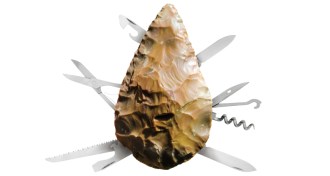 Archaeology
ArchaeologyTelling stories from stone tools
Existing stone tool categories may hide more than they reveal. New methods for analyzing stone artifacts aim to better reconstruct how hominids interacted and moved across Africa, Asia and Europe.
By Bruce Bower -
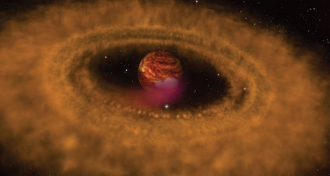 Astronomy
AstronomySolo planets may be surprisingly common
Rogue planets may form as stars do, but on a smaller scale, or they may go forced out of orbit during planetary ping-pong. Researchers are scanning the skies for them.
-
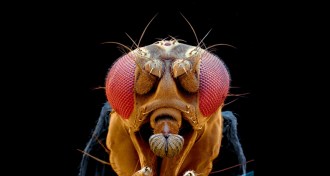 Neuroscience
NeuroscienceMapping aggression circuits in the brain
Using optogenetics and other techniques, scientists are tracing connections to and from the brain’s aggression command center.
By Susan Gaidos -
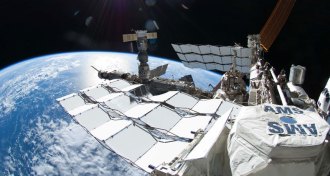 Particle Physics
Particle PhysicsSam Ting tries to expose dark matter’s mysteries
Particle physicist Sam Ting is applying a meticulous approach to analyzing positrons in space, testing whether they can reveal clues about dark matter.
By Andrew Grant -
 Health & Medicine
Health & MedicineFor athletes, antioxidant pills may not help performance
Supplements of vitamins C, E and other antioxidants may blunt the positive effects of exercise training.
By Laura Beil -
 Health & Medicine
Health & MedicineSix ways to beat chronic stress
Counseling, mindfulness training and purposeful social contact may counteract the effects of chronic stress.
By Nathan Seppa -
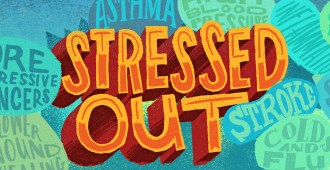 Health & Medicine
Health & MedicineChronic stress can wreak havoc on the body
Scientists are shedding light on all the ways that chronic stress can boost inflammation and lead to serious health problems.
By Nathan Seppa -
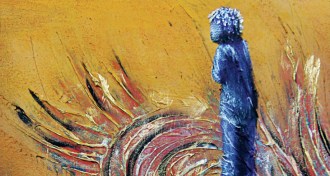 Psychology
PsychologyAdults with autism are left to navigate a jarring world
Researchers are beginning to study ways to help adults with autism navigate independently, get jobs and find friendship.
-
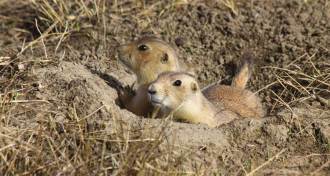 Ecosystems
EcosystemsNoise made by humans can be bad news for animals
Animals live in a world of sounds. Clever experiments are finally teasing out how human-made noise can cause dangerous distractions.
By Susan Milius -
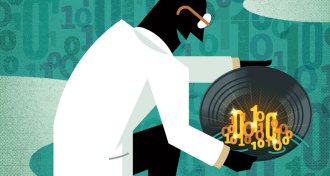 Science & Society
Science & SocietyBig data studies come with replication challenges
As science moves into big data research — analyzing billions of bits of DNA or other data from thousands of research subjects — concern grows that much of what is discovered is fool’s gold.
-
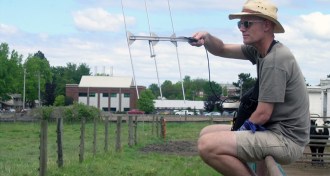 Life
LifeFast and furious: The real lives of swallows
In the fields of Oregon, scientists learn flight tricks from swallows.
By Nsikan Akpan -
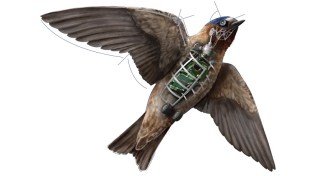 Life
LifeFlying animals can teach drones a thing or two
Scientists have turned to Mother Nature’s most adept aerial acrobats — birds, bees, bats and other animals — to inspire their designs for self-directed drones.
By Nsikan Akpan